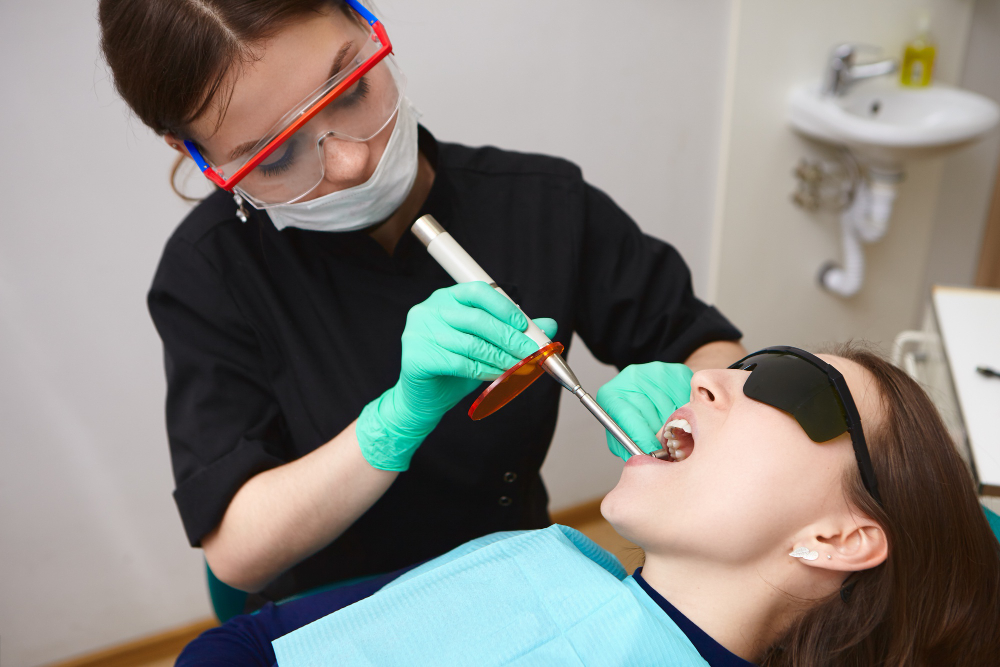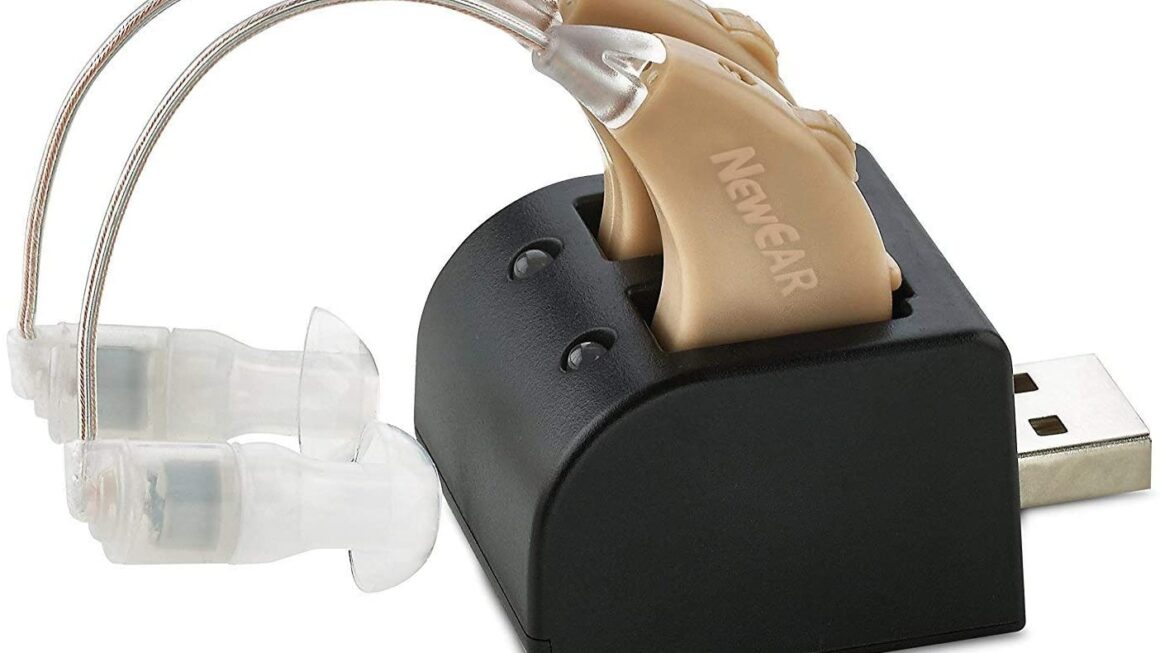Are you concerned about the health of your teeth and gums? Regular dental cleanings are essential for maintaining oral hygiene, but sometimes a deeper cleaning is necessary to address specific issues. In this article, we will explore the ins and outs of deep dental cleaning, its importance, the process involved, and the benefits it offers. So, let’s dive in and discover everything you need to know about deep dental cleaning.
Introduction
Good oral health is crucial for overall well-being. While brushing and flossing play a significant role in maintaining dental hygiene, professional dental cleanings are essential for reaching those hard-to-reach areas and addressing stubborn plaque and tartar buildup. Deep dental cleaning, also known as scaling and root planing, is a specialized treatment designed to remove plaque and tartar from below the gumline and smooth the tooth roots to promote gum healing.
What is Deep Dental Cleaning?
Deep teeth cleaning is a non-surgical procedure performed by a teeth hygienist or periodontist. It involves two primary steps: scaling and root planning. Scaling is the process of removing plaque and tartar from the surface of the teeth and beneath the gumline. Root planning, on the other hand, involves smoothing the rough spots on the tooth roots to remove bacteria and facilitate gum reattachment.
Why is Deep Dental Cleaning Important?
Deep dental cleaning is essential for individuals with gum disease or those at risk of developing it. Gum disease, also known as periodontal disease, occurs when the gums become infected due to the presence of bacteria in plaque and tartar. If left untreated, gum disease can lead to tooth loss and other serious oral health complications. Deep dental cleaning helps eliminate the bacteria, reduces inflammation, and promotes gum healing.
Signs that You Need Deep Dental Cleaning
Several signs indicate the need for deep teeth cleaning. These include persistent bad breath, swollen or bleeding gums, receding gumline, loose teeth, and pockets forming between the teeth and gums. If you experience any of these symptoms, it’s important to visit your dentist for a thorough examination and determine whether deep teeth cleaning is necessary.
The Deep Dental Cleaning Process
The deep dental cleaning process typically involves multiple visits to the dentist. During the initial visit, your dentist will evaluate your oral health, take X-rays if necessary, and determine the severity of your condition. The subsequent visits will focus on scaling and root planing, with the dentist or hygienist using specialized tools to remove plaque and tartar from the teeth and below the gumline. Local anesthesia may be used to ensure your comfort during the procedure.
Benefits of Deep Dental Cleaning
Deep teeth cleaning, also known as scaling and root planning, is a dental procedure performed by a dentist or dental hygienist to treat gum disease and maintain oral health.
It involves removing plaque and tartar from below the gumline and smoothing the root surfaces to promote gum tissue reattachment. Here are some benefits of deep dental cleaning:
- Gum disease treatment:
Deep tooth cleaning is highly effective in treating gum disease, including gingivitis and periodontitis. It helps remove bacteria, plaque, and tartar that accumulate below the gumline, reducing inflammation, infection, and gum recession. - Prevents tooth loss:
Gum disease is a leading cause of tooth loss in adults. Deep teeth cleaning can halt the progression of gum disease, preventing further damage to the gums, bones, and supporting structures. By addressing the underlying infection, it helps preserve the teeth and prevent tooth loss. - Freshens breath:
Bacteria in the mouth produce foul-smelling substances that can cause bad breath. Deep dental cleaning removes plaque and tartar buildup, which are breeding grounds for bacteria. By eliminating these bacteria, deep cleaning helps improve breath freshness and reduces halitosis. - Reduces risk of systemic health problems:
Gum disease has been linked to several systemic health conditions, including heart disease, diabetes, respiratory diseases, and certain pregnancy complications. By effectively treating gum disease through deep teeth cleaning, you can potentially lower the risk of developing these conditions or managing them more effectively. - Improves overall oral health:
Deep teeth cleaning is an integral part of maintaining good oral hygiene. By removing plaque, tartar, and bacteria from hard-to-reach areas, it promotes healthier gums, reduces the risk of cavities and tooth decay, and helps maintain overall oral health. - Enhances the effectiveness of oral hygiene practices:
Regular brushing and flossing are crucial for oral health, but they may not be sufficient to remove all plaque and tartar. Deep dental cleaning provides a clean slate by eliminating deep-seated deposits, allowing for better access during daily oral hygiene routines. This can enhance the effectiveness of brushing, flossing, and other oral care practices. - Promotes gum tissue reattachment:
Deep teeth cleaning includes root planning, which smoothens the tooth roots to eliminate rough surfaces. This encourages the gums to reattach to the roots and promotes the healing of gum tissue. Improved gum attachment helps prevent the formation of periodontal pockets and reduces the risk of reinfection.
Aftercare and Maintenance
After undergoing deep dental cleaning, it’s crucial to maintain good oral hygiene practices to prevent the recurrence of gum disease. Brushing your teeth twice a day with a fluoride toothpaste, flossing daily, and using an antimicrobial mouthwash are essential habits to adopt. Regular visits to your dentist for check-ups and cleanings will also help ensure the long-term health of your teeth and gums.
Conclusion
Maintaining good oral health goes beyond regular brushing and flossing. Deep tooth cleaning plays a crucial role in preventing and treating gum disease, promoting gum healing, and safeguarding your overall well-being. By understanding the importance of deep teeth cleaning and following the necessary aftercare, you can ensure the long-term health of your teeth and gums. So, prioritize your oral hygiene and schedule a deep dental cleaning appointment with your dentist today.
Frequently Asked Questions
Deep teeth cleaning may cause some discomfort, but local anesthesia is usually administered to numb the area and minimize any pain or sensitivity.
The duration of the procedure depends on the extent of the cleaning required. It can range from one to several appointments.
Yes, you can usually resume your normal activities immediately after the procedure. However, it’s advisable to avoid eating hard or sticky foods until any numbness wears off.
The frequency of deep dental cleanings depends on your oral health condition. Your dentist will recommend the appropriate interval between treatments.
Some common side effects include temporary tooth sensitivity, gum soreness, and slight bleeding. These usually subside within a few days.












